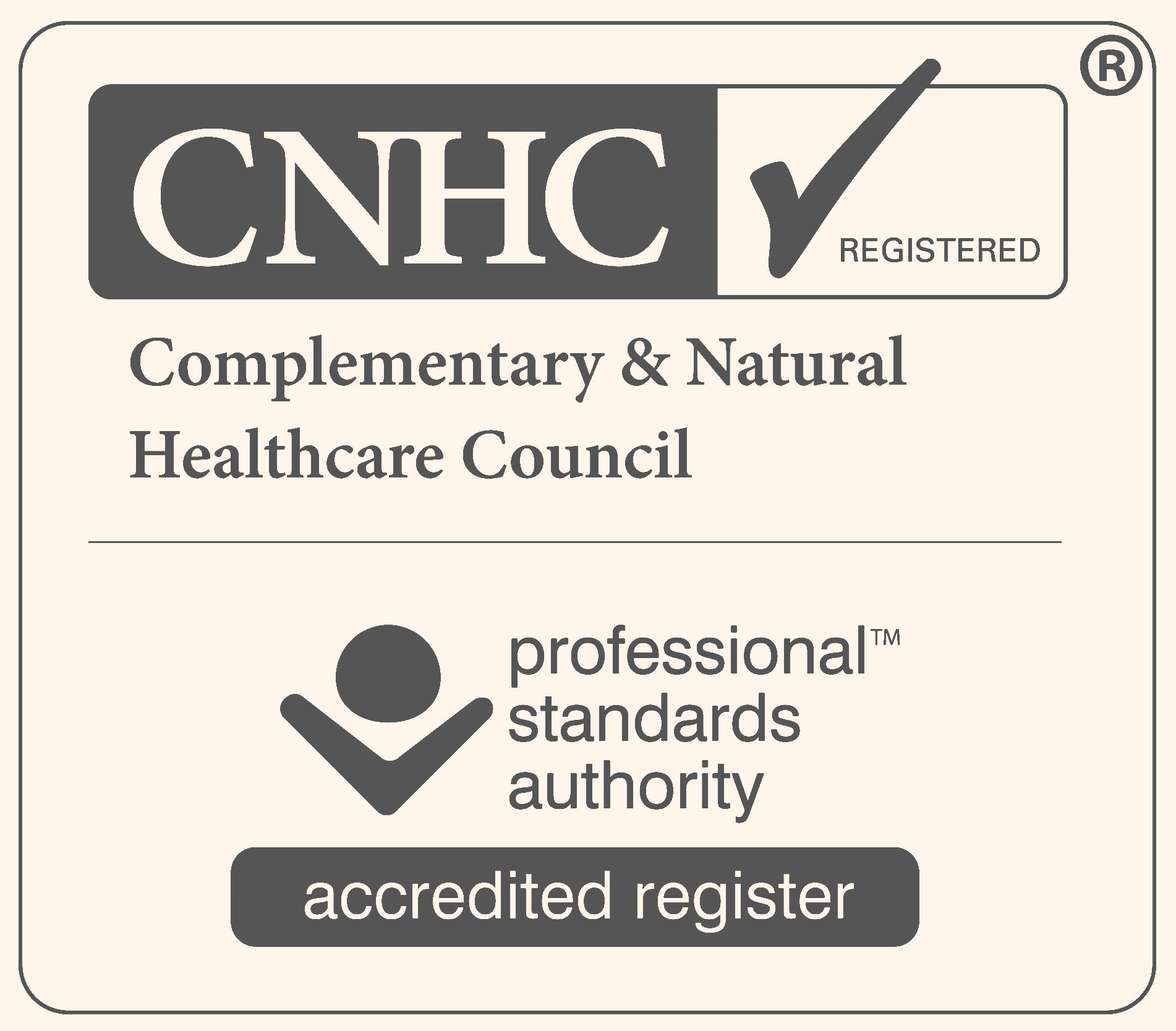Small Print
Complementary & Natural Healthcare Council Standards
Code of Conduct, Ethics and Performance
The Complementary and Natural Healthcare Council (CNHC)
The CNHC is the voluntary regulator for a wide range of complementary therapies. We were established with the support of the government to set up and maintain a register of practitioners who meet national standards, are of good character and are fit to practise.
Once someone is registered they must:
- Act in keeping with the spirit as well as the specific wording of this Code of Conduct, Ethics and Performance – these are binding requirements on registrants;
- Maintain and update their knowledge and skills by undertaking Continuing Professional Development (CPD) every year. We monitor this, and a registrant who does not meet this requirement can be removed from the register;
- Co-operate if they are asked to give us information that we need to be able to perform our functions.
The purpose of the Code of Conduct, Ethics and Performance
The Code of Conduct, Ethics and Performance (‘the Code’) sets out for clients the quality of care they are entitled to receive from registrants. For registrants the Code sets out the standards they will be measured against if we receive a complaint about them.
The standards set out in this document apply to all CNHC registrants, whatever:
- their employment status (this includes registrants running their own clinic, working in a partnership, working as an associate or an employee, or working as a locum);
- the setting in which they practise (this includes providing services to a local community, providing care to NHS patients, multi-disciplinary working, or acting as a volunteer).
All registrants are personally accountable for their actions and must be able to explain and justify their decisions when asked to do so. All registrants have a duty to protect the health and wellbeing of their clients. To do this they must engage in ‘Evidence Based Practice’. There are three elements to this:
- best available research evidence;
- clinical expertise;
- patient values.
They must also keep to the following principles. They must:
- respect clients’ dignity, individuality and privacy;
- respect clients’ rights to be involved in decisions about their care;
- justify public trust and confidence by being honest and trustworthy;
- provide a good standard of practice and care;
- protect clients and colleagues from risk of harm;
- co-operate with colleagues from their own and other professions.
You can find out more on the CHNC website: www.cnhc.org.uk

A place of calm & personal growth
Back home